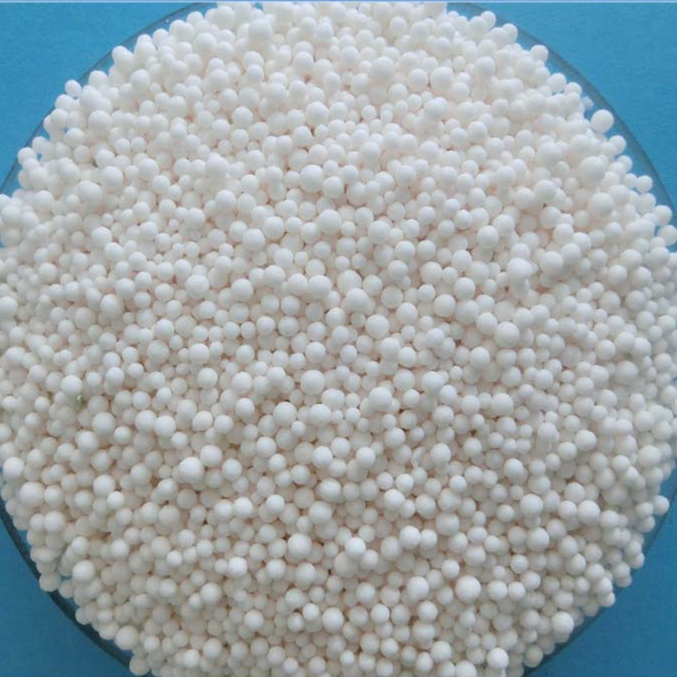
Kas . 08, 2024 06:59 Back to list
Benefits and Uses of Potassium Sulphate in Agricultural Fertilization Techniques
The Role of Potassium Sulphate Fertilizer in Modern Agriculture
Potassium sulphate, commonly referred to as SOP (Sulfate of Potash), is a vital fertilizer in modern agriculture. Its composition, containing 50% potassium (K2O) and 18% sulfur (S), makes it an exceptional source of nutrients for plants. Unlike potassium chloride, another widely used potassium fertilizer, potassium sulphate is particularly beneficial in certain soil conditions and for specific crops. This article explores the benefits, applications, and importance of potassium sulphate fertilizer in enhancing agricultural productivity.
Importance of Potassium
Potassium is one of the three primary macronutrients required by plants, alongside nitrogen and phosphorus. It plays a crucial role in several physiological processes, including photosynthesis, protein synthesis, and enzymatic functions. Potassium helps in maintaining plant water balance by regulating stomatal closure, thereby enhancing drought tolerance. Additionally, sufficient potassium levels strengthen plant tissues, making them less susceptible to diseases and pests.
Benefits of Potassium Sulphate Fertilizer
1. Dual Nutrient Source One of the standout features of potassium sulphate is its dual supply of potassium and sulfur. While potassium is critical for overall plant health and yield, sulfur is essential for the synthesis of amino acids and proteins. Therefore, using SOP ensures that crops receive these two vital nutrients simultaneously, which can be especially beneficial in sulfur-deficient soils.
2. Improved Crop Quality Studies have shown that the application of potassium sulphate can lead to improved fruit quality, including size, taste, and color. This is particularly important for high-value crops such as fruits and vegetables, where market demand often hinges on quality attributes.
3. Soil Health Maintenance Unlike potassium chloride, potassium sulphate does not lead to the salinization of soil, making it a better option for areas susceptible to salt accumulation. Healthier soil conditions promote better root development, water retention, and nutrient uptake, which are essential for sustainable agriculture.
potassium sulphate fertilizer

4. Compatibility with Other Fertilizers Potassium sulphate is compatible with most fertilizers, making it easy to integrate into existing fertilization programs. It can be used in combination with nitrogen and phosphorus fertilizers without the risk of chemical reactions that could hinder nutrient availability.
5. Wider Applicability Potassium sulphate is an ideal choice for a variety of crops, including vegetables, fruits, nuts, and cereals. It is particularly beneficial for sensitive crops that cannot tolerate the higher chloride concentrations found in potassium chloride, such as avocados, potatoes, and tobacco.
Application Methods and Considerations
When applying potassium sulphate, timing and method are crucial for maximizing its benefits. It can be applied as a granular fertilizer during soil preparation or as a foliar spray at critical growth stages. Soil testing is recommended to determine potassium and sulfur levels before application. This ensures that farmers can tailor their fertilizer programs to the specific needs of their crops and soil conditions.
Conclusion
In conclusion, potassium sulphate fertilizer plays a significant role in modern agriculture by providing essential nutrients that enhance crop health, yield, and quality. Its advantages over other potassium sources make it a preferred choice among farmers, particularly in regions where soil salinity is a concern. As agricultural practices continue to evolve, the importance of specialized fertilizers like potassium sulphate will likely grow, highlighting the need for sustainable practices that promote both productivity and environmental health.
In navigating the complexities of modern agriculture, understanding and utilizing the benefits of potassium sulphate can lead to more efficient resource use and improved crop outcomes, ensuring a sustainable future for farming and food production.
-
High-Quality NPK Fertilizer Raw Material Manufacturer & Supplier Trusted Factory Exporter
NewsJul.08,2025
-
Organic 20-20-20 Plant Fertilizer Supplier Premium Organic Fertilizer Manufacturer
NewsJul.08,2025
-
Ammonium Sulfate Fertilizer Market - Leading Manufacturer, Supplier & Factory Solutions
NewsJul.08,2025
-
Premium Water Soluble Fertilizer 20-20-20 Reliable Manufacturer & Competitive Prices
NewsJul.07,2025
-
10-52-10 Fertilizer Supplier – Premium NPK Compound & Granular Fertilizers for Crop Growth
NewsJul.07,2025
-
Best Blueberry Organic Fertilizer - Premium Factory & Supplier Boost Your Blueberry Yield
NewsJul.07,2025
